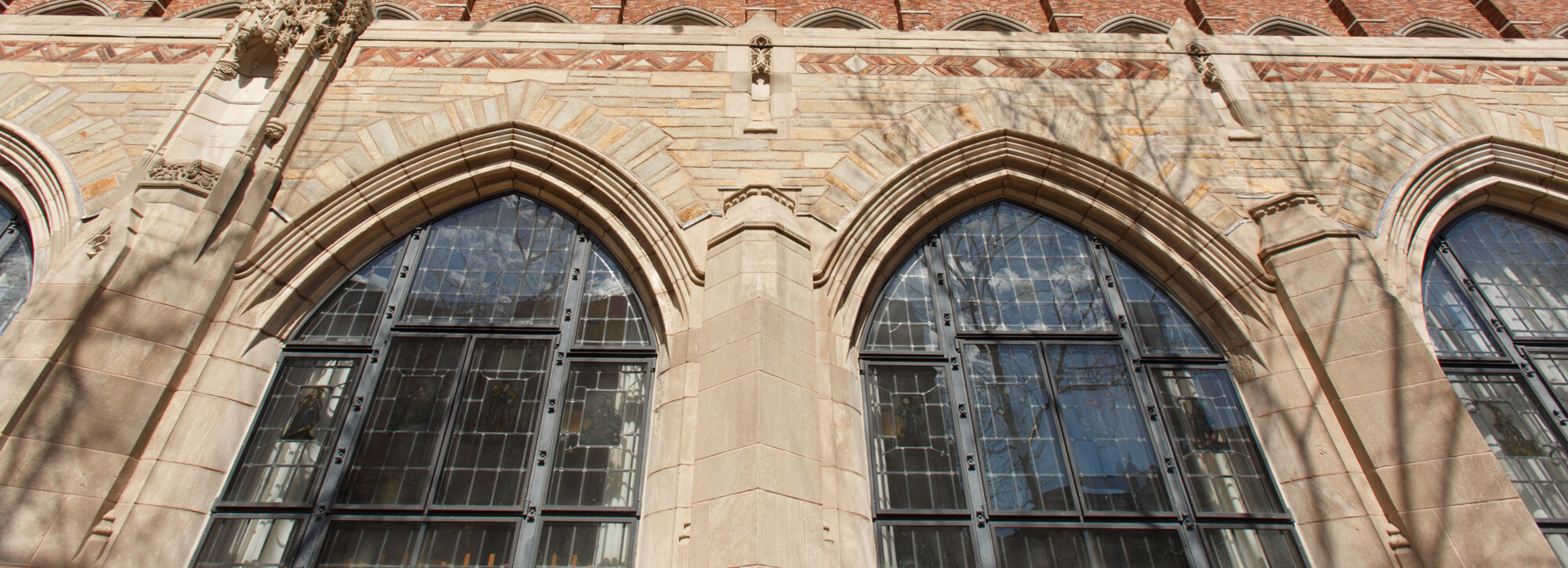Ariel and Julian’s Story
Ariel*, a pediatrician, has cared for many children and their families in her work, and she couldn’t wait to build her own family. She and her husband Julian* started trying in 2014 and soon found out that it was not going to be a straightforward path for them. “We were in for a long journey of five years instead,” she says.
When they discovered that Julian had a congenital condition that meant he had reduced fertility, the couple turned to assisted reproduction through the Center for Advanced Reproductive Services (CARS). “Julian and I pursued all the treatments medically available,” says Ariel. It was a difficult roller coaster, including three rounds of unsuccessful in vitro fertilization and an unsuccessful frozen embryo transfer.
After a lot of thought and discussion, Ariel and Julian decided to use a sperm donor to build their family. After selecting a donor, to their surprise and delight, Ariel became pregnant through alternative insemination. She still remembers the cherished moment at home when she discovered she was pregnant and shared the special news with Julian that they would soon be parents.
Through CARS, they reviewed the legal implications of assisted reproduction and signed paperwork that made it clear that Julian was the legal father. “I didn’t think anything of it at the time,” says Ariel. But she did think about it when her son was born in July 2019. He was perfectly healthy, but soon after coming home from the hospital, Ariel got a severe infection and was readmitted for an entire week. Julian went home with their three-day old son, and Ariel thought, “I’m so glad he’s safe with his father.” Her husband’s relationship with their son was secure and unquestioned.
Through her work, Ariel learned about the effort to reform Connecticut’s parentage laws to secure all families equally. When Ariel learned that not all families created through assisted reproduction enjoy the same peace of mind and legal security that she and her husband did, she was devastated. “I was really upset,” says Ariel. “It hit me so hard that an LGBTQ family did not have the same protections that my husband and I did. That, for an unmarried lesbian couple, the non-birth mother would have no rights to her child at birth and could have been separated from her child just when her child and partner needed her the most. I don’t have family in Connecticut. If Julian hadn’t been recognized as a parent, my son could have gone into foster care. I do not want any family to have to deal with that terror and vulnerability, particularly in a time of medical crisis.”
That’s why Ariel and Julian support the Connecticut Parentage Act — so that every child has access to the same security and protections that her son had.
*Names have been changed to protect the family’s privacy
